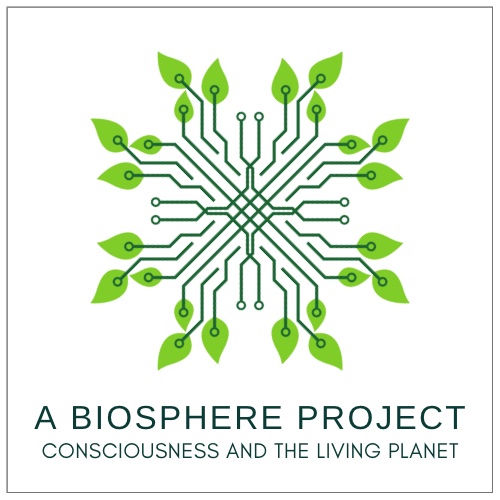My Whale Story - Musings and Meditations
- filipvk
- Feb 3, 2024
- 4 min read
Updated: May 29, 2025

As a small ‘encore’ in this series of musings on whales, I wanted to share my memory of my own ‘close encounter’ with a humpback whale.
Of all my encounters with wildlife, this was the most moving and memorable. I think back on it often, with great gratitude that I was able to see this majestic creature from so close by, and feel its fantastic energy.
So close in this case means a few meters. And when you’re encountering a whale, that really is close.
I shared the following memories already on Facebook a few months ago. I hereby share them again as a small tribute to these beautiful, intelligent and hyper-sensitive creatures that are so important to the health of our entire biosphere (including the climate, as evidenced by last week's musing).
In November 2016, I was in northern Norway for the first time.
Of course, an expedition to observe whales and orcas was not to be missed, as from October onwards these magnificent creatures are present in large numbers in the fjord of northern Norway.
With about eight people we took place in (or rather on) an inflatable rib-boat for an afternoon of whalewatching in Kaldfjorden, a fjord some four hundred kilometers above the Arctic Circle.
We were all tightly wrapped in thick isothermal waterproof clothing with life jackets in which we could barely move, because if you fall into the icy water without such protection it's game over quickly.
It had already been a beautiful day with good sightings of many orcas especially, which are present in large numbers in the Norwegian fjords around this time of year.
It was quiet for a while, and we floated around waiting for another appearance.
And sure enough, after a while the iconic up-and-down movement of a dorsal fin of a humpback whale appeared, heading straight for our small rib-boat.
Just before it came to a collision, which no doubt would have had more dire consequences for us than for the whale, the humpback changed course slightly, causing him (or her) to slip past us into deep water just a few feet from our little boat. I could almost have touched him with my arm extended. A moment after she (or he) passed our little boat, she came out of the water a little higher once more and then went under with one of those iconic majestic swings of her gigantic tail, as a beautiful parting gesture.
The quiet gliding by of this gigantic majestic creature, with the slow up-and-down motion and the occasional blowing out of air mixed with water through the dorsal valve, so close that you could feel the energy and being of this magnificent creature so strongly.... there are no words that can describe the magic of it.
Anyone who has experienced these animals up close will agree: they feel, they are aware, and they know. I don't know exactly what they know, but I know that they know. That may sound strange, but again: anyone who has felt them up close will agree.
Also, the way the whale changed course just in time to avoid a collision was so delicate and sensitive. He (or she) knew we were there, and did not want to harm us. There are so many accounts of whales being curious and extremely friendly with humans. They apparently still have some sympathy for us, despite the fact that we have senselessly slaughtered so many of their kind.
Whales are extraordinarily intelligent animals, with a complex social life. They display a high degree of consciousness, complete with language (and even local dialects) that allows them to communicate with each other across hundreds of miles (and, according to new research, apparently also gossip about absent ones). Whales, like many animals with highly developed nervous systems, also display a complex emotional life, with empathy and altruism and emotions that may not be all that different from our own.
We still know so little about the inner lives of animals, but the most recent developments in biology are making it increasingly clear that even animals we consider ‘dumb’ also demonstrate a more complex consciousness than first thought.
All small and large encounters with wildlife have been wonderful moments for me, which I will always cherish. I will also talk about those other (more modest) encounters with wild creatures another time.
Let us create space in our consciousness to begin to feel fully again our connection with all these wonderful creatures, large and small, with whom we share our biosphere. They are way more like us than we realize.
Next week I'll have Steve Karlin muse a little about what we need to be aware of if we want to connect with a wild animal.
Steve Karlin is an ‘environmental educator’ who has worked with thousands of kids and at-risk youth, and is founder of Wild Mind, a wildlife sanctuary and nature education centre near San Francisco.
Thank you for reading, until the next episode,
All the best to you,
Filip





